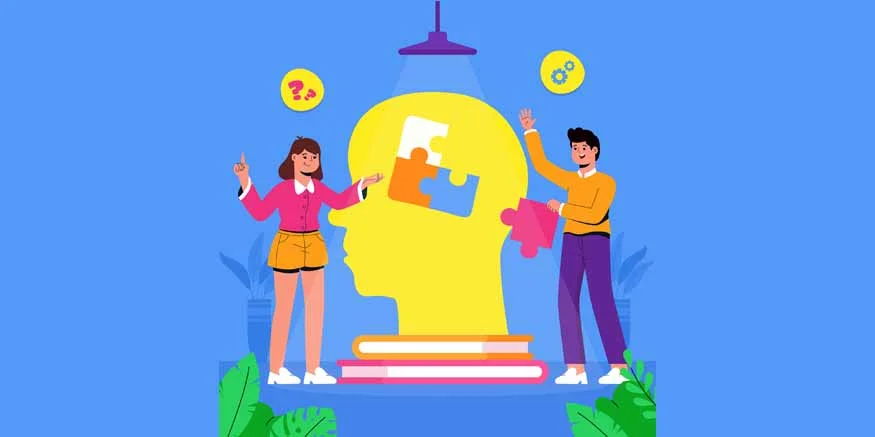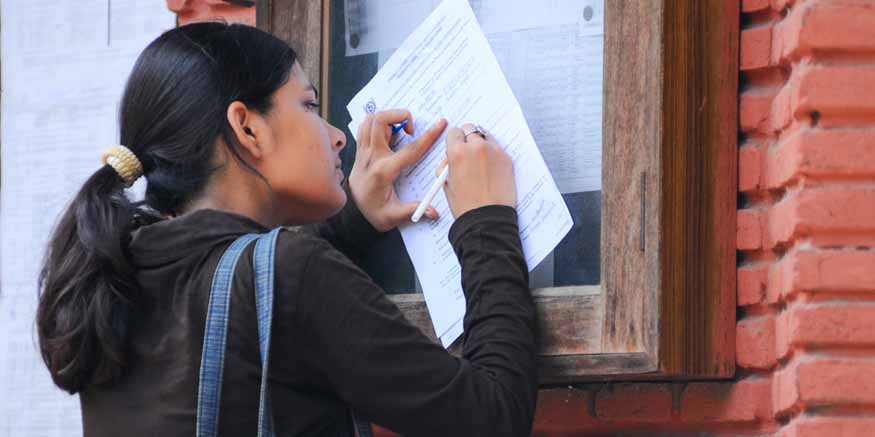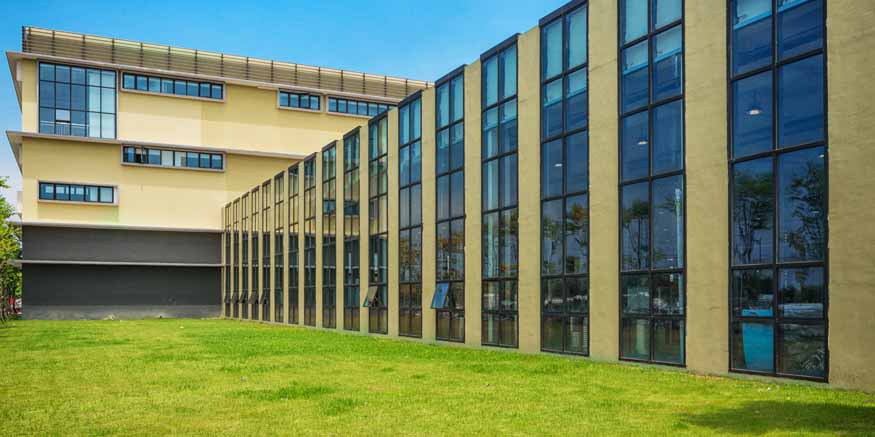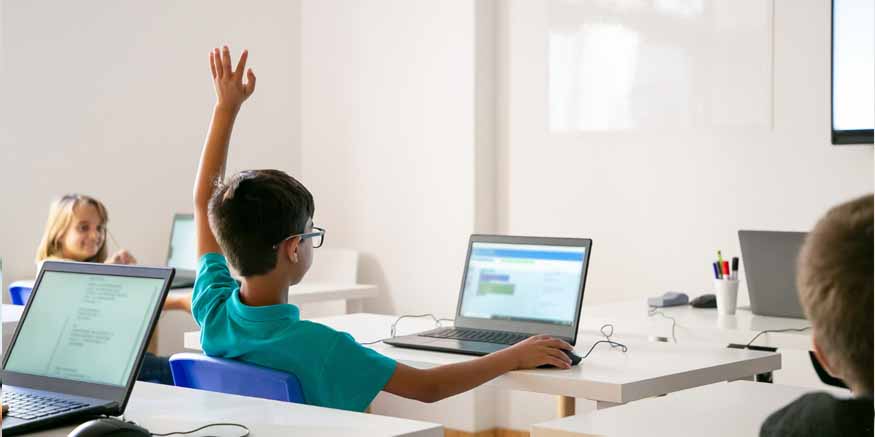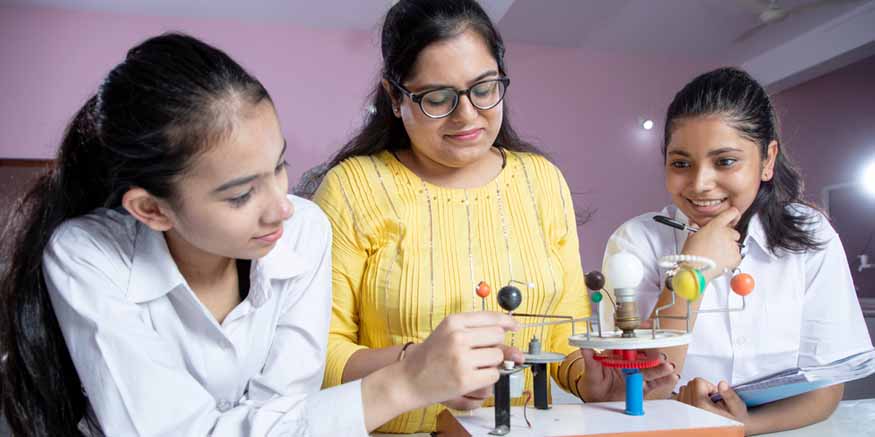In an ever-changing and rapidly advancing world where society, norms, and outlooks are constantly evolving, we need to equip our little bundles of joy with the tools to meet the current requirements.The days of rote learning and memorisation are far behind us, only to pave the way to a newer school of thought. In a highly evolving society and world in which we live, we need to equip our kids with soft skills and practical knowledge so that when they grow up, they can perform desired tasks and not just possess pre-existing knowledge from a textbook. This is precisely why most school curriculums now focus on holistic education, which centers around an individual’s overall development.
To encourage young minds to think along these lines it is important for children to be exposed to experiential learning activities, innovative learning methods and holistic educational development. To help you as parents and caregivers understand better why it is necessary to encourage your little ones to imagine and think, we first need to understand the many approaches to open the mind to new horizons of thought. One such approach is through experiential learning activities.
Also read: Nurturing Creativity and Imagination in the Classroom
Experiential Learning Activities
What may seem somewhat mind-boggling, is quite simple. Experiential learning is a way of acquiring knowledge through first-hand experiences. This method is highly desirable in recent times as it not only serves as a perfect medium for imparting instruction, but it also incorporates the practical use of knowledge, making one prepared and efficient for particular tasks. Some simple experiential learning activities have been highlighted below:
- Real-world problem solving- This is one of the best methods of linking theoretical knowledge to practical application. Project-based work or research-based work provides scope for children to approach the given topic from different viewpoints. Such work is highly based on one’s critical thinking skills and one’s ability to think outside the box. It also allows kids to step out of the classrooms and enter the real world, where most of the research will be conducted.
- Field trips- Field trips provide a hands-on experience for children to absorb knowledge from their surroundings and not merely from textbooks. Visits to museums, science centres and historical places of interest greatly benefit young minds. Immersive experiences like role-playing certain characters or recreating a scene from the past to study history have a long-lasting impression on the minds of our little ones.
- Community service activities- Such activities can be linked to academic subjects that feature as an essential part of the school curriculum. The integration of theory-based knowledge with practical application can be seen here, as one may learn about the environment for a subject like Environmental Studies by raking the leaves in front of the school gate or planting samplings in and around the area.
Also read: Identifying and Nurturing Your Child’s Passions
Innovative Learning
Learning should be fun, engaging and interesting. The best way of doing so is by integrating technology into education and harvesting its benefits. To enhance and enrich young minds, innovative techniques and strategies must be adopted. Some of the approaches that fall under the category of innovative learning include the integration of technology and gamification.
- Integration of technology in education- Tools like virtual reality (VR), augmented reality (AR) and artificial intelligence (AI) have opened up new opportunities for educators. These tools in the right hands can be harnessed to equip learners with the skills they need and the practical knowledge that they require throughout their educational journey. The incorporation of various AI-driven adaptive learning platforms makes it easy for students to move at their own pace.
- Gamification- One of the most recent discoveries in the field of education is gamification. It is done by simply incorporating game elements into learning to make the acquisition of knowledge more fun and appealing to kids. Gamification functions highly on a reward-based system in which the kids are rewarded for answering questions correctly. Many educational games are available on different software platforms to enable students to think beyond the confines of their immediate syllabus.
Also read: Nurturing Social and Emotional Development in Kindergarten
Educational Leadership Development
This primarily focuses on building responsible leaders of tomorrow. Such skills become crucial as kids navigate through the choppy waters of the real world, that exist outside the walls of their classroom and school.
- Student-led initiatives- This can be anything from allowing students to take the lead in organising club-related activities or even school-related activities like fests. Such activities provide children with the opportunity to practice decision-making, communication and teamwork. It also develops their interpersonal skills and boosts their self-confidence.
- Mentoring- Such initiatives link children with mentors who guide them along their academic journeys to eventual success. Mentors can help students set targets, overcome fears and challenges, develop personality and also foster an environment of safety and happiness.
Also read: Nature vs. Nurture Child Development
Holistic Educational Development
This type of development focuses on developing the mind, body and soul to achieve balance and excellence in all aspects of learning and life. It takes into account the emotional aspect of a student while also focusing on his or her cognitive and motor skills development. More times than not, they overlap with the techniques and strategies that help encourage young minds to think differently.
EuroSchool, as a centre of learning, focuses on maintaining a fine balance and harmony between theoretical knowledge and practical application of that knowledge. If you want to learn more about our educators, structure of learning and curriculum, be sure to check out our blog.

